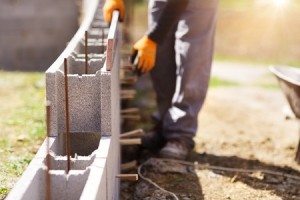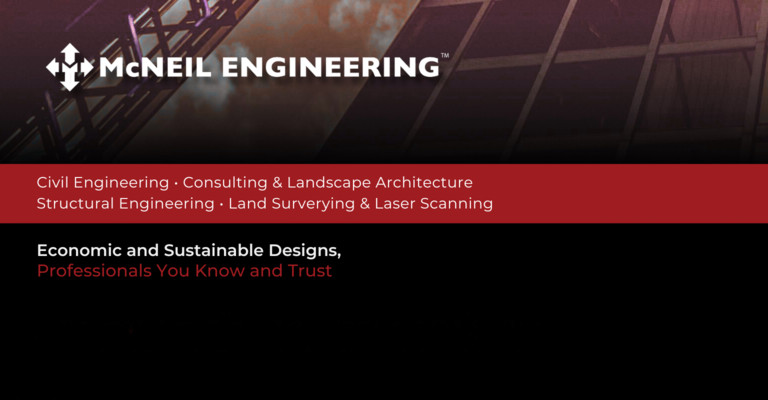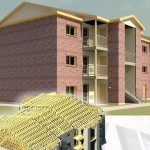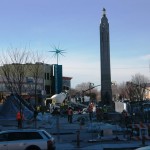 Civil engineering is often lumped into one general category: the design and construction of physical structures like roads, buildings, subdivisions and schools. In reality, however, civil engineering also focuses on finer details like safety. Particularly, safety in regards to Mother Nature and the natural disasters that can strike at any time.
Civil engineering is often lumped into one general category: the design and construction of physical structures like roads, buildings, subdivisions and schools. In reality, however, civil engineering also focuses on finer details like safety. Particularly, safety in regards to Mother Nature and the natural disasters that can strike at any time.
Considering the majority of our work is performed in the Western United States, there is a lot that can potentially go wrong. Buildings in California are susceptible to landslides, wildfires and seismic events. In Oregon and Washington, there is always the threat of a tsunami or volcanic eruption. Colorado and Utah are vulnerable to freezing temperatures and forceful snowstorms. In order for a new structure to thrive and stay in quality condition for years to come, it needs the touch of a professional civil engineering team.
At McNeil Engineering, we specialize in designing and building structures that can withstand even the strongest of natural events. Keep reading to learn more about our process.
Civil engineering: erosion control measures
Erosion is defined as “the gradual destruction or diminution of something.” Everything is susceptible to erosion. Rocks, river beds, fields and even forests are regularly subjected to whipping winds, heavy rains and other natural conditions. Over time, these forces cause rocks to break and reform, rivers and streams to change direction and more.
Like natural formations, manmade structures are also subject to the elements on a regular basis, so it is important that projects are designed adequately to withstand them. Erosion control is a particularly important aspect. A civil engineering professional must determine how to design and then support a foundation that can withstand any natural event including earthquakes and flooding. During the design process, the area is laser scanned providing a 3D, scale replica of a plot of land. Using this data, the designers and engineers can determine which areas are most vulnerable to natural events and how to go about reinforcing them.
Stormwater detention
Once erosion control measures have been established, it’s time to move onto the design of a stormwater detention system. Without adequate gutters and drains, rainwater and snowmelt can collect, leading to even further damage. Standing water can take a toll on your parking lot and driveways, leading to potholes and cracks. It also has the potential to drown out the landscaping around your property.
The civil engineering team also takes this into account. They evaluate the layout of a building site, taking into account the altitude as well as the layout of the surrounding terrain. Once they gather all of the necessary information, they determine a water detention system that will work in harmony with the natural landscape and the structure itself.
Seismic retrofitting and analysis
Last but certainly not least is the challenge of seismic retrofitting and analysis. The civil engineering team at McNeil Engineering usually performs this kind of work on historic buildings, but they offer seismic analysis on new projects as well. A seismic analysis is a process in which a building’s foundation and structural integrity are monitored for potential weaknesses. Following the initial scan and analysis, our civil engineering team is able to provide building owners and property managers with insights that they can use in order to fortify their property in the event of a seismic event.
For buildings that were constructed over 50 years ago, this is particularly beneficial. Technologies and buildings techniques have improved significantly and are making buildings safer than ever before. That being said, it’s important that you choose a highly qualified civil engineering team that has an array of knowledge on seismic analysis.
Contact us today!
While there is no way to effectively predict natural disasters 100%, there are steps that can be taken to prevent damage and destruction if something unexpected happens. The team at McNeil Engineering is ready, willing and able to assist. Call us today to begin – we look forward to serving you!








